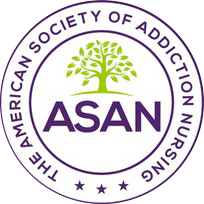One of the toughest challenges for those working with individuals who have substance use disorders occurs when the individual also has a mental health diagnosis. The term “dual diagnosis” describes this condition. Long ago it was common for individuals to be treated for one diagnosis in one setting and discharged to another setting to have the other concurrent diagnosis addressed. Gladly, we have made a lot of progress. Most settings for treatment can address both addiction and mental health issues. Many substance abuse rehabs, for example, have a psychiatrist on staff to help identify mental health diagnoses and begin some treatment, such as prescribing antidepressants etc.
In working with individuals with dual diagnoses, I have found that some clients report their initial use of a substance like alcohol to medicate their mood or an emotional situation. They describe “having a couple of drinks to help with sleep.” It may start with one drink but eventually leads to more. One client told me that “there is nothing better than a couple of shots of liquor to relieve his anxiety.” This is also mentioned in the AA Big Book, which describes individuals who have a bit of social anxiety, having a couple of drinks before they can go out to a party, where they will be drinking more, but they cannot face the crowd at a party without this help. Is this the early behavior of someone developing a dual diagnosis? Or treating a mental health issue with an eventual drug or alcohol dependency? I think it could be.
I like to use the saying “people do what they do because it works!” I use this to address the guilt that sometimes comes with admitting to an addiction problem. And, the expression that “nothing happens in a vacuum” refers to the need for us to help the individual identify what is going on in his/her world that influences their behavior.
Fran Campbell MSN, RN, MEd, PMHCNS-BC, CARN, FIAAN
